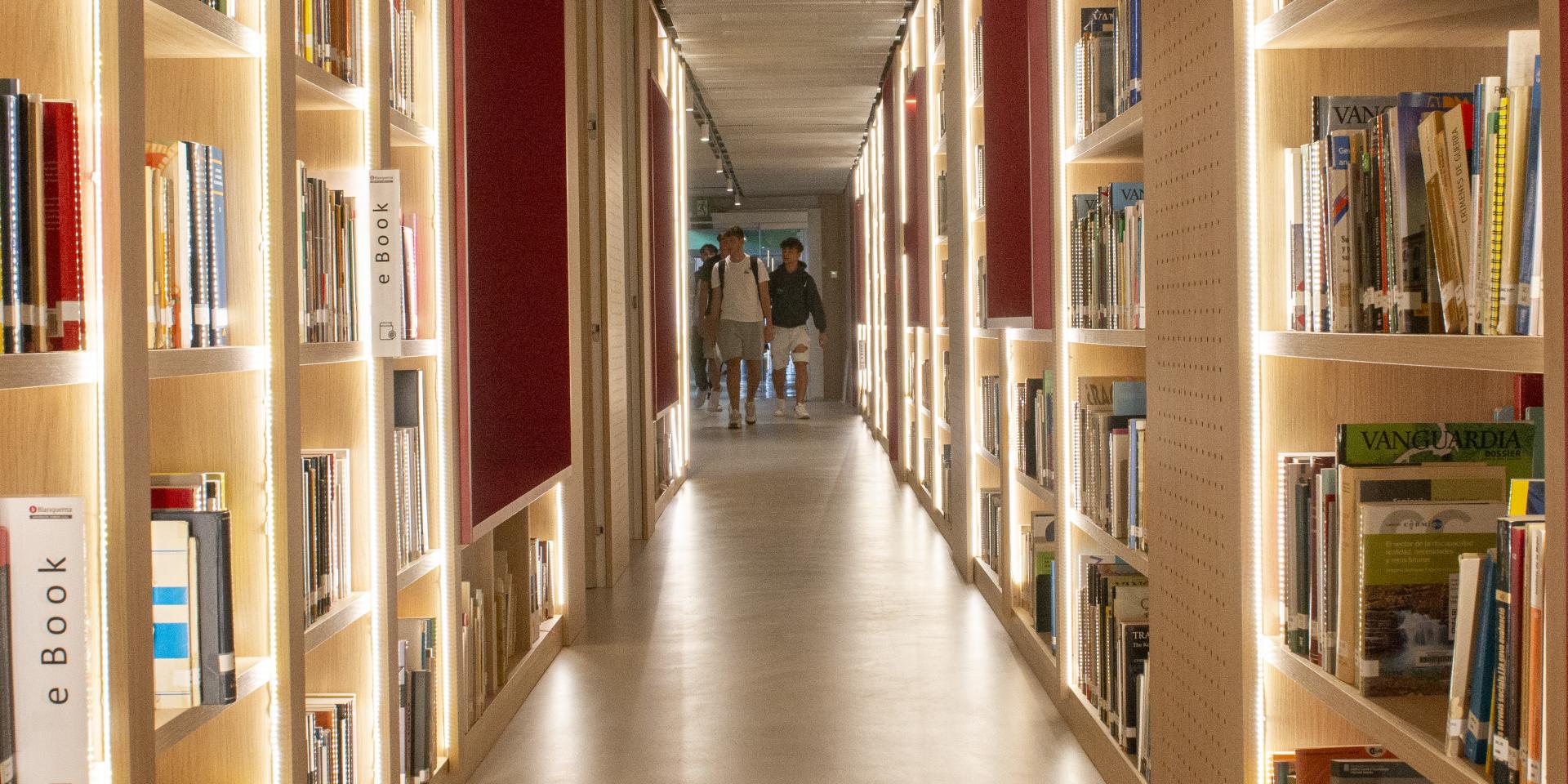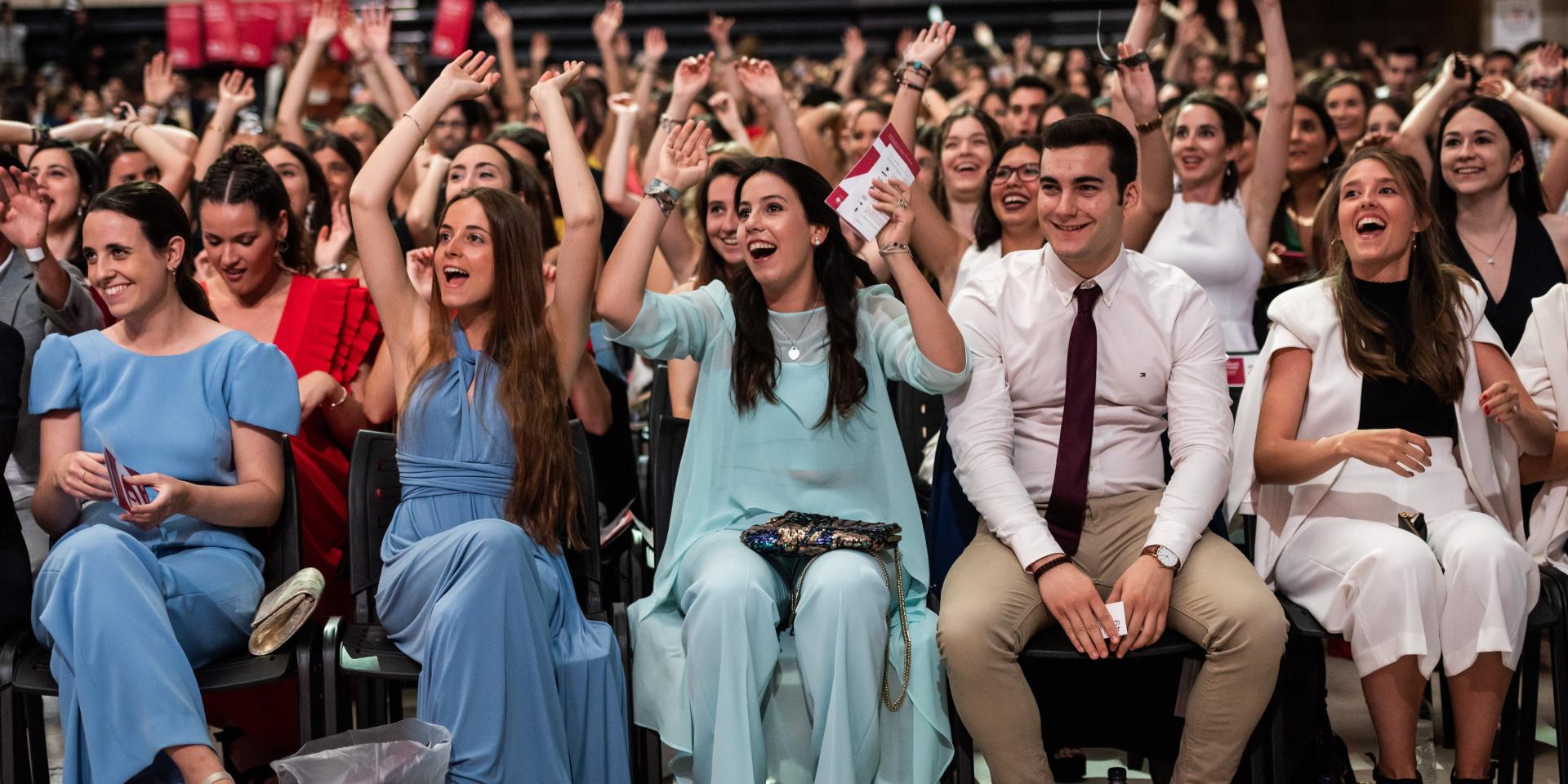Interpretation of educational intervention
Obtain the skills to analyze and interpret the practices and policies of educational intervention in situations of learning difficulty, in order to intervene in an optimal manner and improve learning processes.

